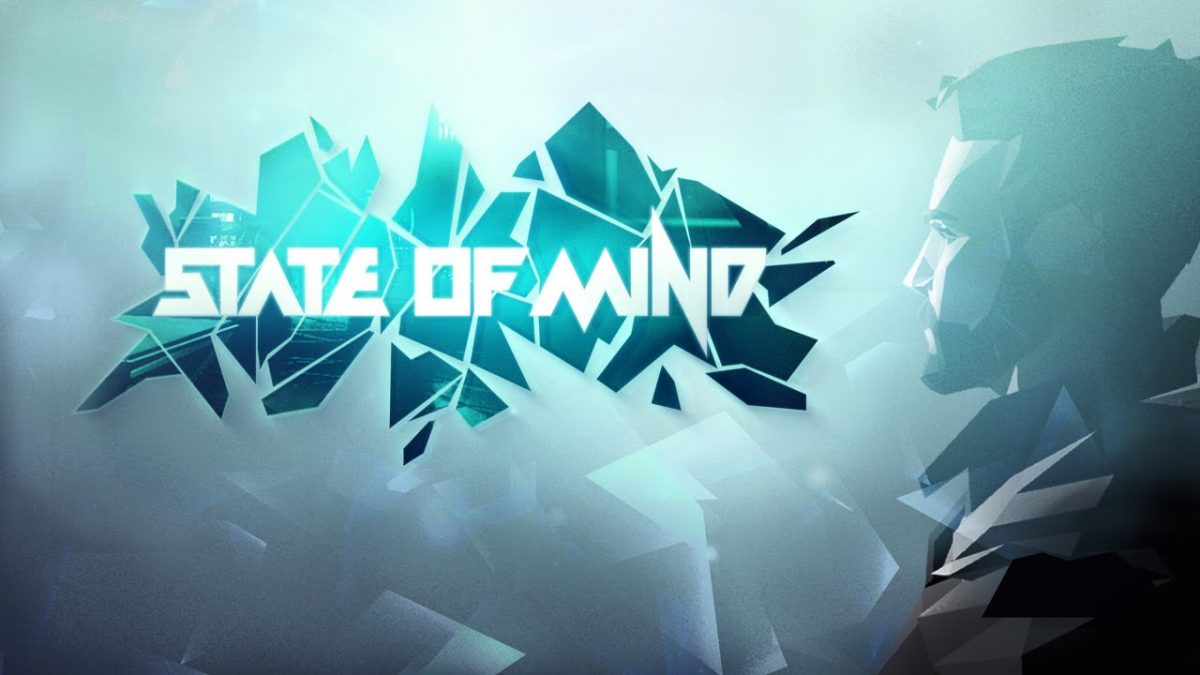

Center yourself with pauses similar to the ones you should take at work but make them longer.

So maintain a similar level of mental and physical activity for the first few days of your holiday then ease into full relaxation. But if we relax too quickly, letting go of that support before our immune system can recuperate, we can expose ourselves to illness. It’s true that stress hormones like cortisol prop us up for a time. Research shows that stress can dampen our immune system. But a more effective approach is to transition slowly, allowing your mind and body to get used to the change, particularly if your prep time was very stressful. You and Your TeamĪs you start your vacation, you’ll want to relax as quickly as possible.


Even during this period of scrambling, you must work toward CHE by focusing on only the most critical activities, ignoring distractions, and taking regular breaks that allow you to breathe, stretch your body, clear your mind, reflect and socialize – all proven techniques for inspiring higher states of mind. But if you succumb to these unproductive states of mind, you exacerbate the problem: you’ll be less likely to get everything done and leave yourself more to worry about while on holiday. Prepping for a vacation - figuring out whether and how to complete, delegate, delay, or drop work – can be stressful, generating anxiety, frustration, and even anger. Have you ever been on vacation and been unable to relax? The whole point of taking time off is to achieve the calm, happy, and energized (CHE) states of mind that make us most productive and effective both while we’re away and when we’re back in the office.


 0 kommentar(er)
0 kommentar(er)
